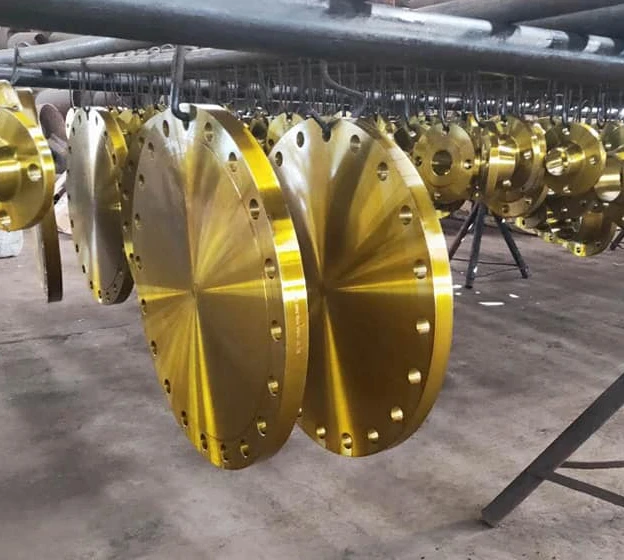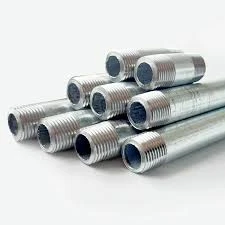-
Cangzhou Yulong Steel Co., Ltd.
-
Phone:
+86 13303177267 -
Email:
admin@ylsteelfittings.com
- English
- Arabic
- Italian
- Spanish
- Portuguese
- German
- kazakh
- Persian
- Greek
- French
- Russian
- Polish
- Thai
- Indonesian
- Vietnamese
- Zulu
- Korean
- Uzbek
- Hindi
- Serbian
- Malay
- Ukrainian
- Gujarati
- Haitian Creole
- hausa
- hawaiian
- Hebrew
- Miao
- Hungarian
- Icelandic
- igbo
- irish
- Japanese
- Javanese
- Kannada
- Khmer
- Rwandese
- Afrikaans
- Albanian
- Amharic
- Armenian
- Azerbaijani
- Basque
- Belarusian
- Bengali
- Bosnian
- Bulgarian
- Catalan
- Cebuano
- China
- China (Taiwan)
- Corsican
- Croatian
- Czech
- Danish
- Esperanto
- Estonian
- Finnish
- Frisian
- Galician
- Georgian
- Kurdish
- Kyrgyz
- Lao
- Latin
- Latvian
- Lithuanian
- Luxembourgish
- Macedonian
- Malgashi
- Malayalam
- Maltese
- Maori
- Marathi
- Mongolian
- Myanmar
- Nepali
- Norwegian
- Norwegian
- Occitan
- Pashto
- Dutch
- Punjabi
- Romanian
- Samoan
- Scottish Gaelic
- Sesotho
- Shona
- Sindhi
- Sinhala
- Slovak
- Slovenian
- Somali
- Sundanese
- Swahili
- Swedish
- Tagalog
- Tajik
- Tamil
- Tatar
- Telugu
- Turkish
- Turkmen
- Urdu
- Uighur
- Welsh
- Bantu
- Yiddish
- Yoruba

2월 . 17, 2025 16:30 Back to list
8 inch flange
Navigating the complexities of selecting the perfect 8-inch flange for industrial applications is crucial for operational efficiency and safety. An 8-inch flange serves as a vital component in piping systems, facilitating the seamless joining of pipes, valves, and other equipment. Whether you're working in oil and gas, chemical processing, or any other heavy-duty industry, understanding the intricacies of these mechanical connectors can significantly impact your project's success.
Furthermore, the surface finish of a flange can't be ignored, especially when dealing with sealing surfaces. The smoother the finish, the better the gasket will seal. Ideal surface finishes are specified by RMS (Root Mean Square) values, with a typical range for standard flanges being between 125-250 RMS. Cleaner and smoother finishes are crucial for systems requiring higher safety and seal integrity. The lifecycle cost of an 8-inch flange encompasses both the purchase price and the maintenance expenses over time. Investing in high-quality flanges can reduce maintenance costs and extend the lifespan of your piping system—this is particularly true in aggressive environments where frequent replacements can incur significant labor and downtime costs. Ensuring installation by skilled professionals further enhances the trustworthiness of your flanged system. Proper torque application when bolting the flanges can prevent leaks and guarantee system integrity. Misalignment or improper torque can lead to flange failures, hence the need for precision during installation cannot be overstated. Expertise in selecting the right 8-inch flange involves understanding these multifaceted aspects to ensure the system's longevity and reliability. These connectors are not just mechanical necessities but are fundamental elements that can affect the overall efficiency and safety of an industrial operation. By integrating authoritative knowledge and rigorous standards, professionals can trust that their choice of flange will serve its purpose effectively, ensuring continuity and safety in their operations.


Furthermore, the surface finish of a flange can't be ignored, especially when dealing with sealing surfaces. The smoother the finish, the better the gasket will seal. Ideal surface finishes are specified by RMS (Root Mean Square) values, with a typical range for standard flanges being between 125-250 RMS. Cleaner and smoother finishes are crucial for systems requiring higher safety and seal integrity. The lifecycle cost of an 8-inch flange encompasses both the purchase price and the maintenance expenses over time. Investing in high-quality flanges can reduce maintenance costs and extend the lifespan of your piping system—this is particularly true in aggressive environments where frequent replacements can incur significant labor and downtime costs. Ensuring installation by skilled professionals further enhances the trustworthiness of your flanged system. Proper torque application when bolting the flanges can prevent leaks and guarantee system integrity. Misalignment or improper torque can lead to flange failures, hence the need for precision during installation cannot be overstated. Expertise in selecting the right 8-inch flange involves understanding these multifaceted aspects to ensure the system's longevity and reliability. These connectors are not just mechanical necessities but are fundamental elements that can affect the overall efficiency and safety of an industrial operation. By integrating authoritative knowledge and rigorous standards, professionals can trust that their choice of flange will serve its purpose effectively, ensuring continuity and safety in their operations.
Next:
Latest news
-
ANSI 150P SS304 SO FLANGE
NewsFeb.14,2025
-
ASTM A333GR6 STEEL PIPE
NewsJan.20,2025
-
ANSI B16.5 WELDING NECK FLANGE
NewsJan.15,2026
-
ANSI B16.5 SLIP-ON FLANGE
NewsApr.19,2024
-
SABS 1123 FLANGE
NewsJan.15,2025
-
DIN86044 PLATE FLANGE
NewsApr.19,2024
-
DIN2527 BLIND FLANGE
NewsApr.12,2024
-
JIS B2311 Butt-Welding Fittings LR/SR 45°/90° /180°Seamless/Weld
NewsApr.23,2024











